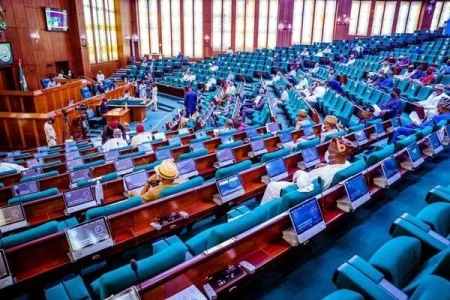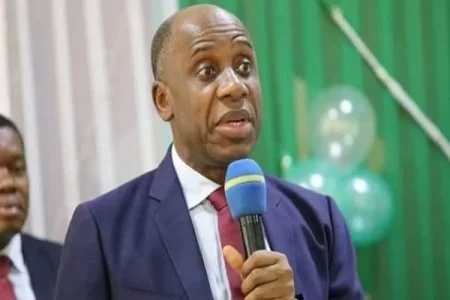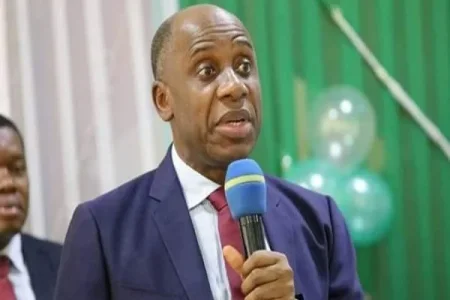
The Digest:
A new bill in Nigeria’s House of Representatives aims to prohibit public servants and their families from utilizing private healthcare services and schools. Sponsored by Amobi Ogah, the bill seeks to curb "conflict of interest," restore public trust, and tackle Nigeria's reliance on foreign services.
Key Points:
- Proposed law would prevent public servants and their families from using private educational institutions and healthcare services.
- Ogah argues that patronizing private services harms Nigeria’s economy and public institutions.
- Nigerians spend billions annually on foreign medical care and education.
- Nigeria’s forefathers, such as Ahmadu Bello and Nnamdi Azikiwe, attended public institutions, a practice that contrasts with current trends.
- In 2024, Nigeria allocated N1.336 trillion to healthcare, while over $1 billion is spent annually on overseas medical treatments.
- Similar bills have failed in previous assemblies, including those that would restrict public officials’ foreign medical trips.
- Ogah emphasizes the need to restore public sector standards, reduce reliance on private services, and end "medical tourism" for public officials.
The proposed bill by Amobi Ogah aims to eliminate conflict of interest by banning public servants from using private services. Its goal is to enhance public trust in Nigeria’s institutions, reduce foreign expenditure, and restore confidence in the nation’s public healthcare and education sectors.
Sources: DAILY POST, Nigerian House of Representatives.



![[VIDEO] Akpabio Stumbles in Speech, Refers to Buhari’s Funeral as Tinubu’s Burial]](/data/attachments/219/219242-3088ac363a8b1848b11a98540a0c9192.jpg?hash=PfGV5Kj53Q)
